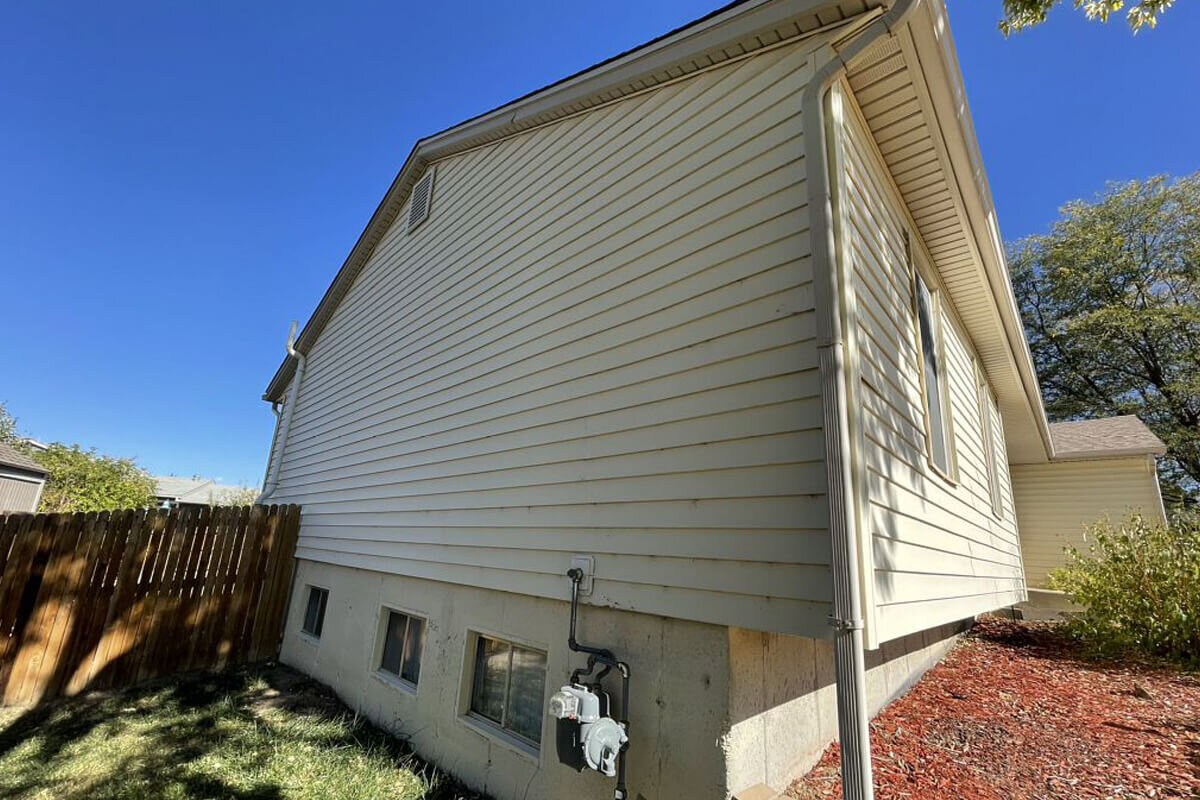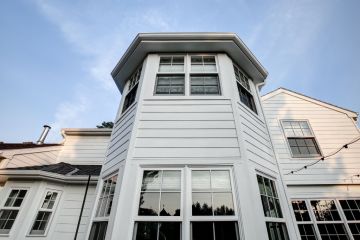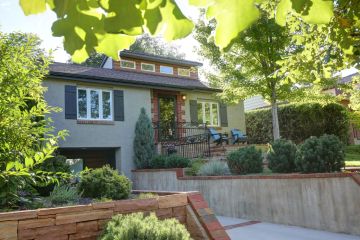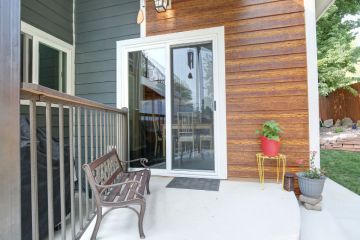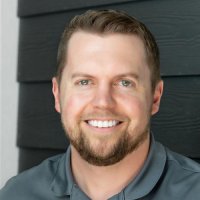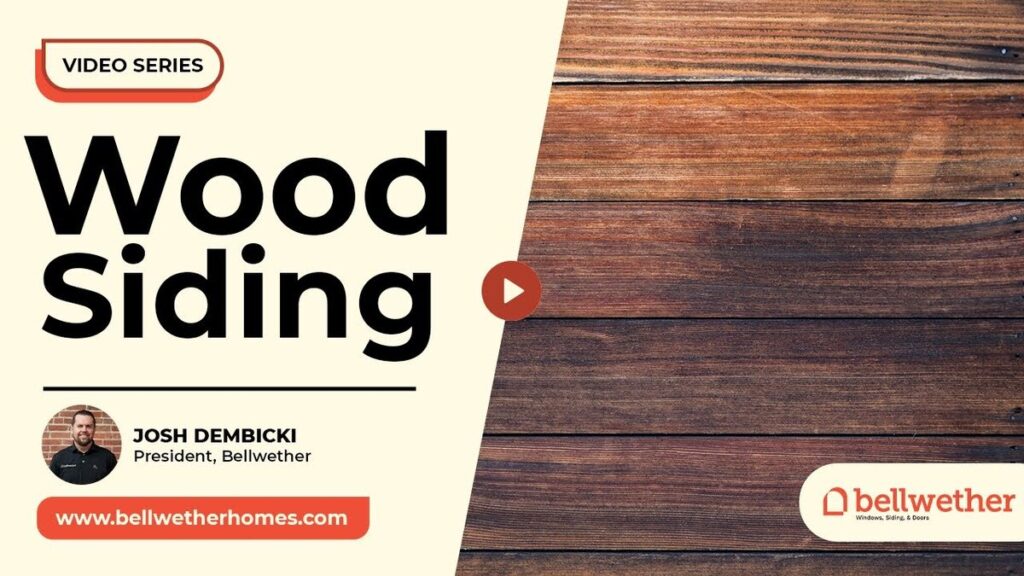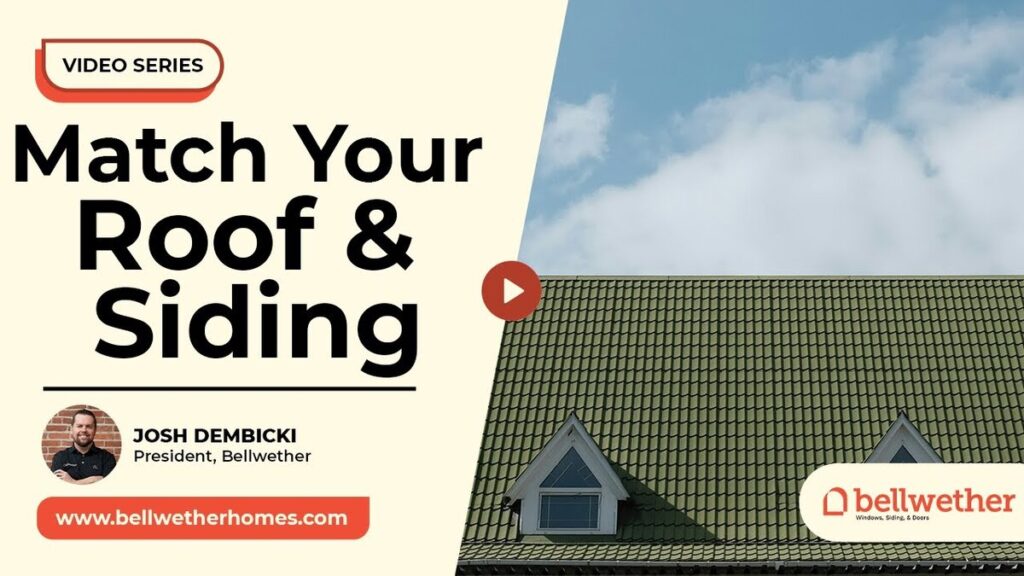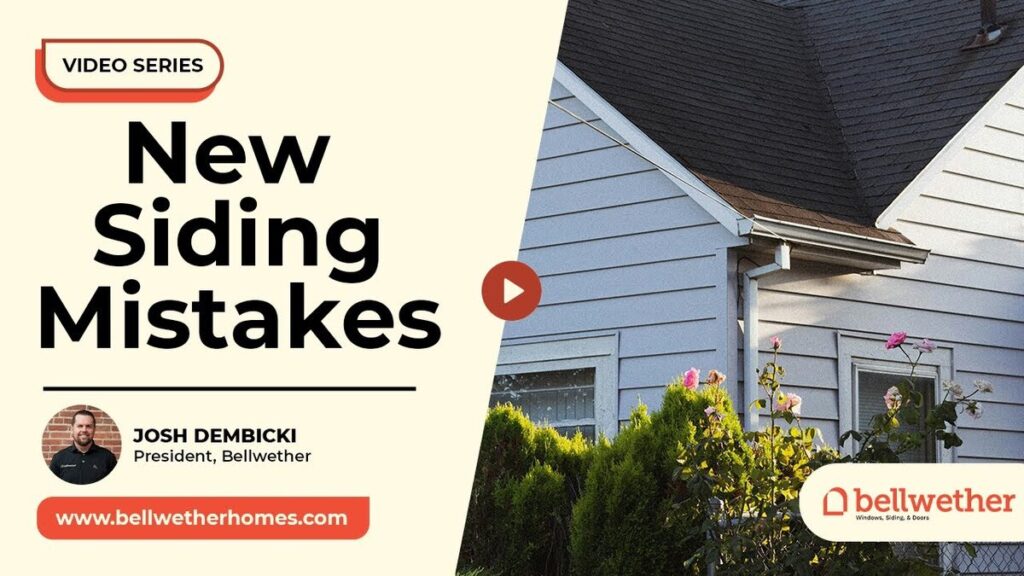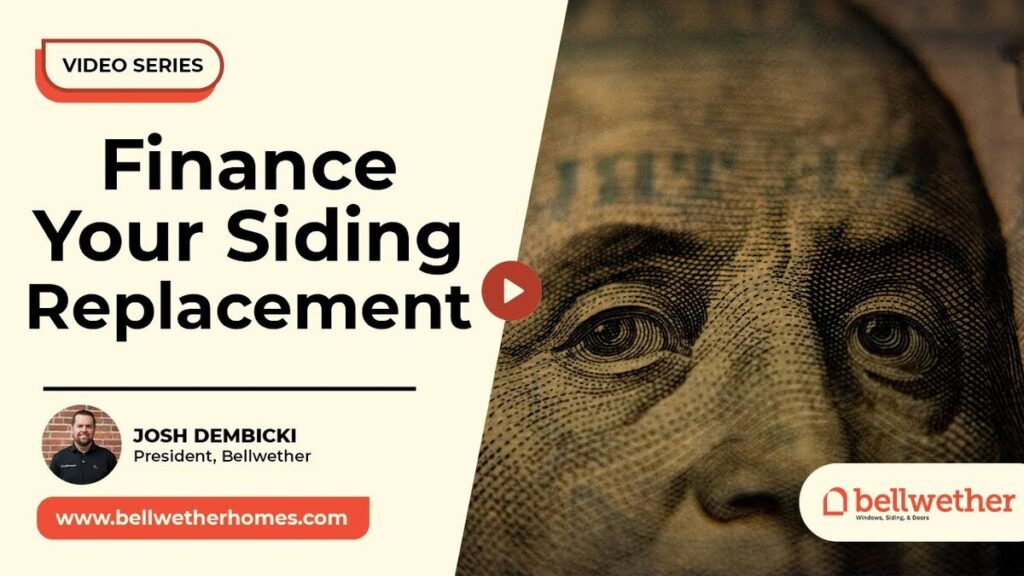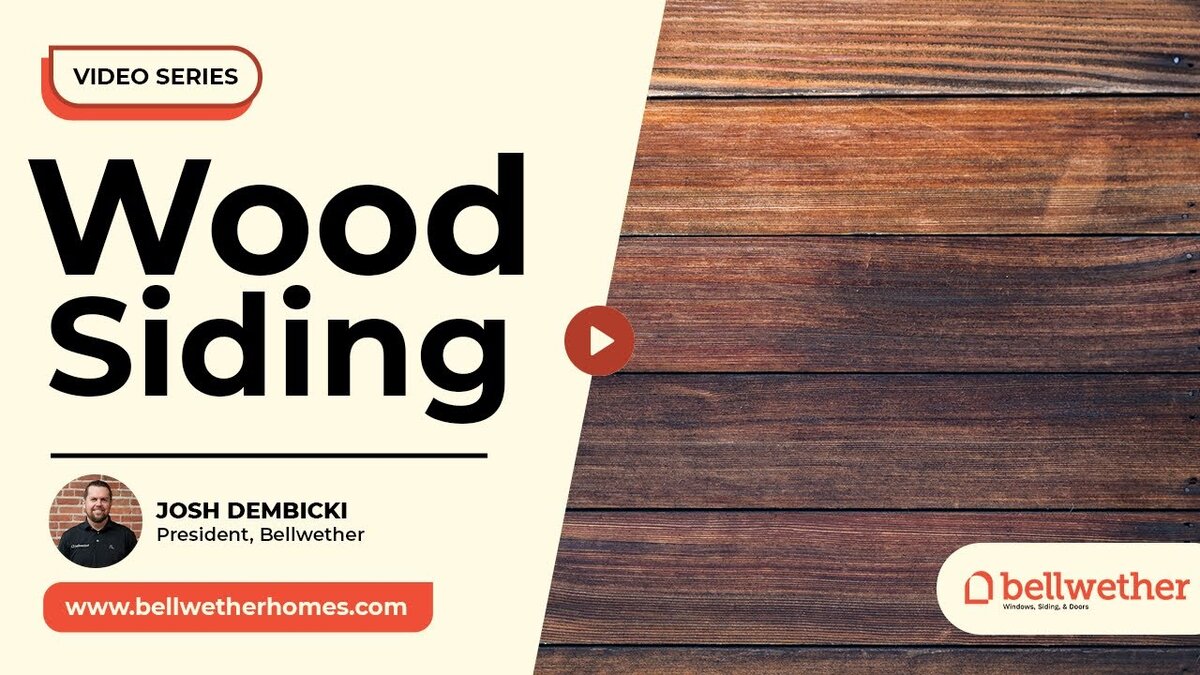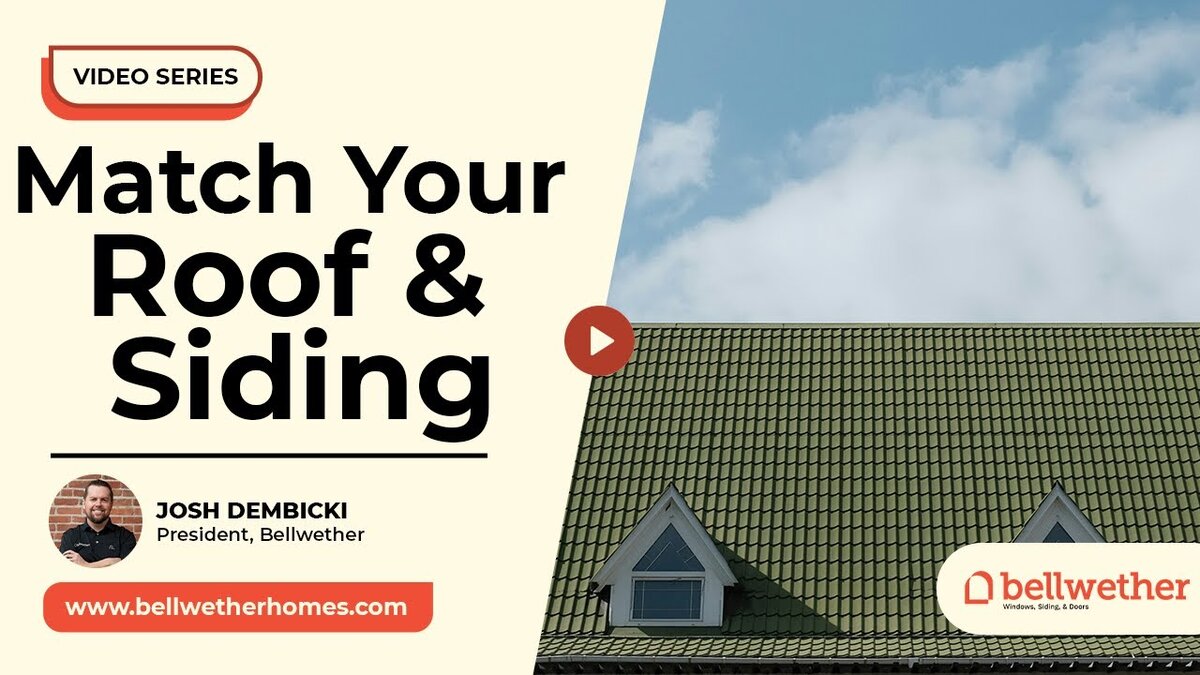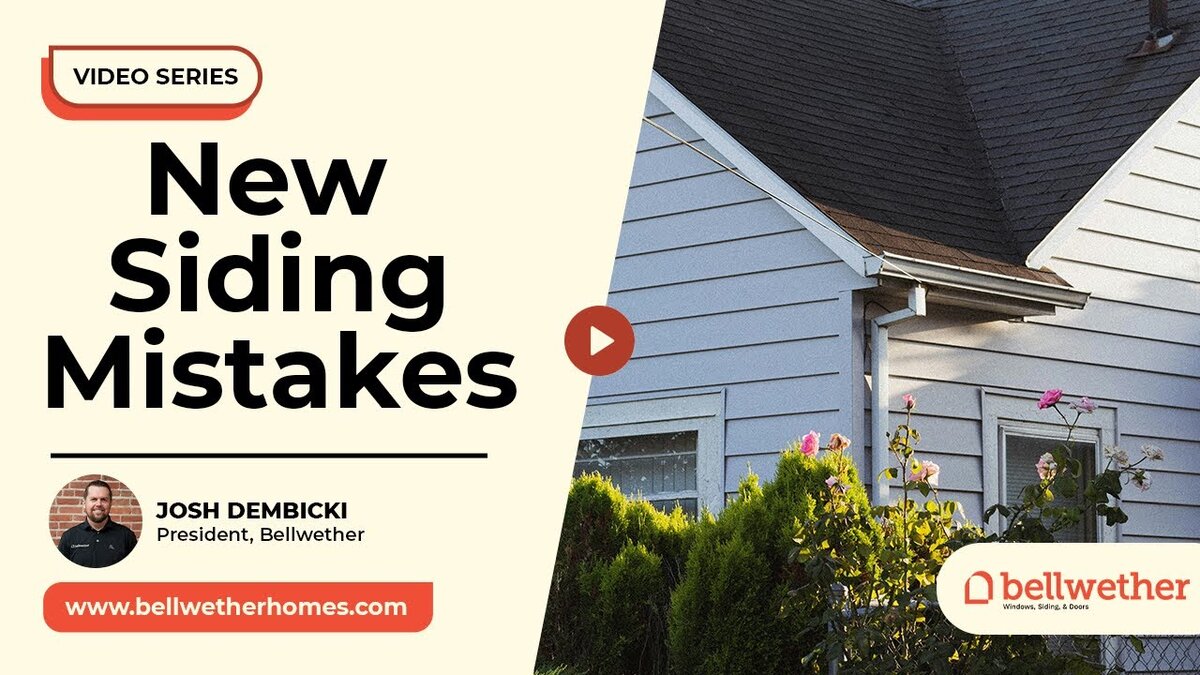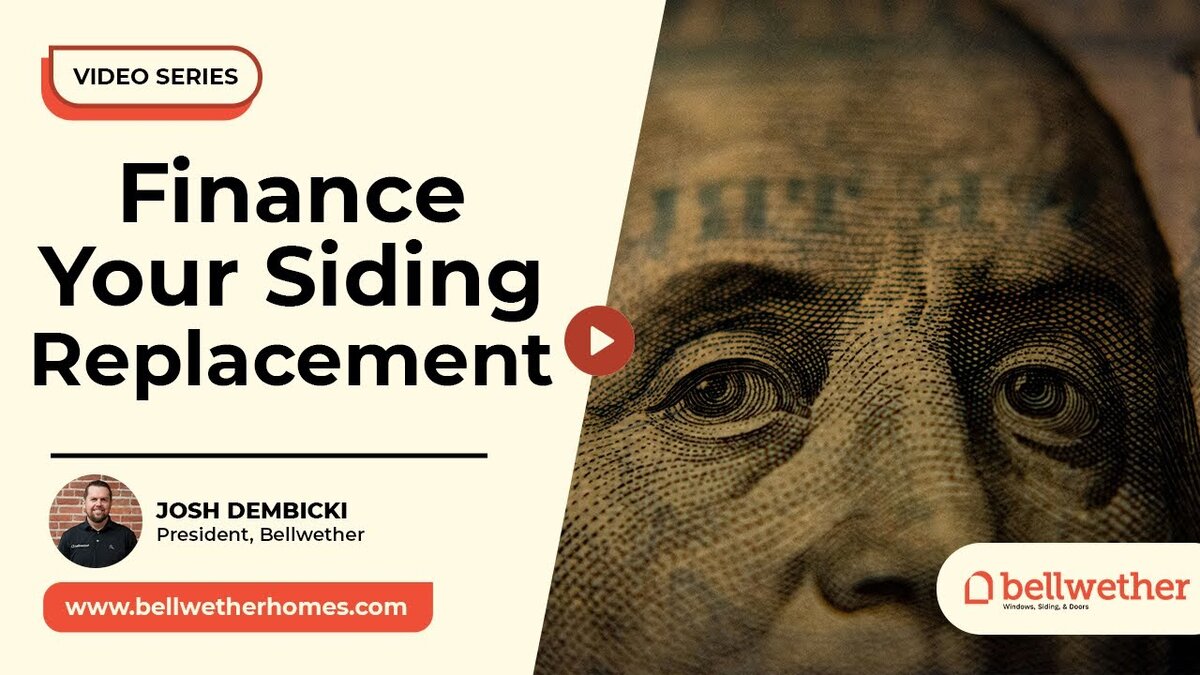Vinyl siding is not the best siding choice for homes in Colorado—for a few reasons, but especially its susceptibility to warping. Vinyl siding in any environment may warp over time. It looks fresh and beautiful when first installed, but color may quickly fade, siding planks may become easily damaged, and some areas of vinyl siding may even become misshapen or broken. If you have older vinyl siding you might notice warping and other signs of aging or damage. But the truth is, even new vinyl siding can warp, particularly in the Colorado climate.
Vinyl siding is not the most durable siding material.
For many homeowners, vinyl siding is appealing because of convenience and pricing. When first installed, it parallels the look of any other siding material. Vinyl siding is composed of lightweight, synthetic material that presents as a cheaper wood alternative. And the synthetic materials are easy to clean and maintain in the beginning.
But the perks stop early on. Vinyl is very susceptible to wear-and-tear, damaged by something as simple as the sun’s path across your home. In some cases, reflective heat between houses can even cause fading or melting as the baking sun passes along your vinyl siding. Because it is a lightweight material, it is easily damaged by hail, ice, or high winds.
Once vinyl siding is damaged, even in a small area, the problems begin. Vinyl siding cannot be repainted, and replacing sections of siding is a complicated process. Damaged siding quickly devolves into bigger problems—moisture infiltration, pest invasion, and compromised integrity to your home’s exterior.
Damaged siding presents high risks to your home’s safety.
The consequences of damaged siding can be pretty great, especially when it comes to moisture damage. Warped or broken siding allows water to creep beneath the cladding, which will ultimately cause more warping, splitting or peeling.
This is more than a cosmetic issue. Water infiltration can lead to major structural issues. Mold, mildew, and rot can spread under the siding without it being immediately obvious from the outside. This will damage your walls and can lead to health risks for you and everyone living there.
Colorado homes with vinyl siding are more vulnerable to damage.
The drawbacks of vinyl siding are true for any homeowners anywhere, but it is an even bigger risk-factor for Colorado homes. The Colorado sun is relentless, and Colorado homes with vinyl siding baking under the sunshine and extreme temperature changes are more likely to warp quickly. This is compounded by reflections from windows or ice, which intensify the sun’s beams and heat as if through a magnifying glass. This level of intensity can heat the sun’s rays enough to actually melt your vinyl siding.
Colorado has other extreme weather besides baking sun. Vinyl siding is always vulnerable amidst intense climate factors like snow, ice, high winds—all regular occurrences in Colorado weather. Most importantly, Colorado homes are at high-risk during wildfire season. If baking sun can melt vinyl siding, it doesn’t stand a chance against spark or flame from fire.
Fiber cement siding is the best siding for Colorado homes.
Fiber cement siding was designed with these risk-factors in mind. A composite comprised of cement and cellulose fibers, fiber cement siding will withstand all of Colorado’s climate-related concerns, protecting Colorado homes from the outside in. Fiber cement siding is even resistant to spark and flame, with a grade-A fire rating guaranteed to protect your home during wildfire season.
James Hardie fiber cement siding is backed by a lifetime warranty, and it will not peel, crack, split, warp, or fade—not in high winds, heavy ice and snow, or even the baking sun. The durable siding planks are resilient in any weather, and James Hardie Color Plus Technology protects the color so that it remains as rich and vibrant as the day it is installed. You’ll only need to repaint if you change your mind about the style—and if that’s the case, fiber cement siding can be repainted unlike vinyl siding.
Because fiber cement siding is so long-lasting, it is actually more cost-effective than vinyl siding. in the past, vinyl siding could be as much as 30-40% cheaper than any other siding material. However, in order to achieve climate standards and due to supply chain issues, making once-accessible vinyl material much harder to come by, vinyl siding is now no more affordable than some fiber cement products, such as James Hardie fiber cement siding. The up-front costs are comparable, but the return on investment is much greater with fiber cement siding and eliminates the need for future repair or replacement costs.
Choose Bellwether to install your fiber cement siding.
Our Bellwether siding experts eagerly recommend James Hardie fiber cement siding because it is durable in Colorado weather conditions, resistant to fire, and resilient against the test of time, maintaining curb appeal in a myriad of brilliant color and style options.
Plus, fiber cement siding offers more overall protection for your home. We will always adhere to the manufacturers’ best practices as the minimum standard for our installation procedures. This includes a guarantee that your fiber cement siding is properly installed with an expertly designed moisture management system. This design includes flashing, moisture barriers, drainage holes, and careful caulking to create a barrier between the living spaces of your home and the outside environment so that your home stays warm and dry. Our expert designs work hand-in-hand with industry standards for the best results from your fiber cement siding.
Because of its stability and long-lasting durability against even the harshest Colorado climates, Bellwether is proud to recommend fiber cement siding for most Colorado homes. We take pride in backing this product recommendation with our highly-skilled installation and design processes, leaving you with a beautifully finished, comfortable, and fully-protected home. We are available to answer your questions about vinyl siding and address concerns about other siding types, however we will always recommend alternative siding options over vinyl siding.


